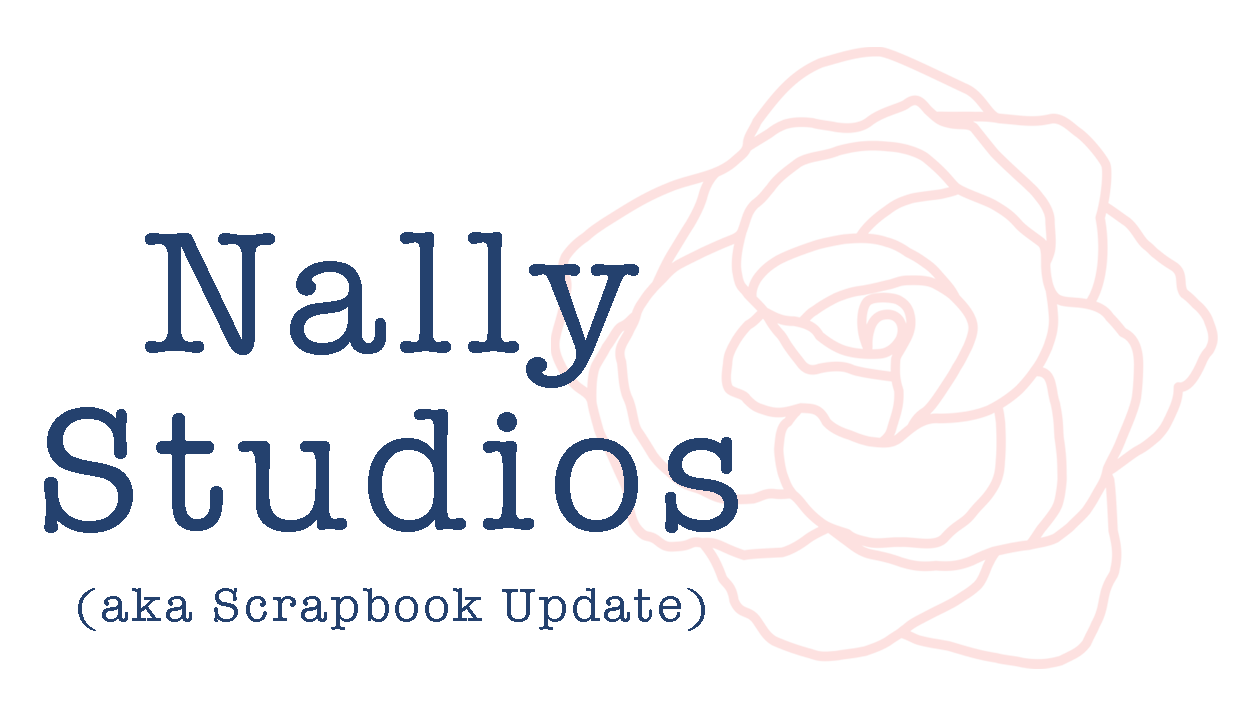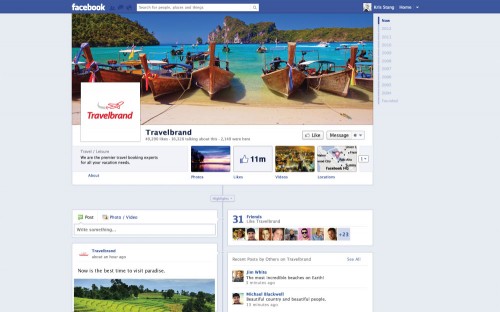Is Facebook Marketing a Dead End for Small Brands?
You know that old saying about doing the same thing over and over again and expecting different results? Facebook has repeatedly pulled the rug out from under small businesses using its brand pages platform for marketing in the past few years - and yet we keep going back for more.
Over time, Facebook has slowly (and sometimes not so slowly) eroded the reach of posts from brand pages. First it put in place an algorithm that stopped showing brand posts to all followers in their newsfeeds. Then it started slowly tightening that algorithm like a noose, choking off brands' access to their followers' newsfeeds - and offering no "follow all" option for brands like it does for personal accounts that allows a user to override the removal of content and see everything that is posted.
We've definitely noticed the decline in reach at Nally Studios. Our stats show our Facebook posts going out to only a small fraction of our followers, and the decline has been precipitous in recent months. Social media research consulting firm Ogilvy & Mather, in a recently published white paper, described our experience as typical and calculates the organic reach of a typical brand post as 6% on Facebook in February 2014, down almost by half since the fall. For extremely large brands, reach is even smaller - more like 2%.
Even more frightening for brands who are heavily invested in Facebook marketing, Ogilvy reports in the white paper that Facebook is privately telling large brands that organic reach will soon go to zero. In other words, soon no one will see a brand page post in their newsfeed unless the brand actually paid Facebook to promote it. Money will talk...but no one else will.
So does this mean Facebook is dead for small to medium sized businesses with limited marketing budgets? Some businesses think so. Food delivery service Eat 24 posted a very witty and thought-provoking "break-up letter to Facebook" on their blog last weekend announcing they would be deleting their Facebook page on Monday (which they in fact did). Although entertaining, it is a must-read mostly for the way it gets to the heart of the matter of a business struggling with its Facebook identity in the face of the changing identity of Facebook itself.
Is Eat 24 right? Does Facebook have no value if your posts' organic reach is zero? If Facebook becomes a pay-to-play echo chamber (correction: it really already has), is there anything worthwhile there for those whose marketing budgets are too small to pay to promote every single thing they post to thousands of people, which would require a budget of at least a thousand dollars a month to be worthwhile for even the smallest brand?
Ogilvy & Mather thinks that Facebook isn't dead for small brands but just evolving. They see it becoming an important platform for paid advertising, as your audience has already selected itself and so it has the potential for highly targeted campaigns with high success rates. This, of course, freezes out the companies who do not have that sort of advertising budget and by default turns their Facebook pages into yet another company billboard for whoever wanders by to see it. Ogilvy also sees Facebook remaining an important platform for customer service, as customers will continue to come to a page organically when they have an issue to be dealt with.
But the most important lesson from all of this is one that I've been passionate about evangelizing for some time: do not build your house in someone else's yard! If you commit yourself to being heavily dependent for marketing on an outside platform that you do not own - you are setting yourself up to have the rug pulled out from under you. You should own every contact channel that is important to your business. If your blog URL has another company's name in it (like Typepad or Blogspot), you are making another company's name a part of your brand, and tying yourself to them for better or worse. If you allow consumers' main line of access to you (to subscribe to content or get updates from you about what is new, etc) to be Facebook or Twitter or another social media platform - you are channeling your customer base through another business. Businesses like to make money, and so eventually the situation will become like what has happened with the Facebook brand pages. Facebook knows that it owns access to your customers - something very valuable - and it is holding that hostage for ransom. The goal of brand marketing should always be to secure some sort of direct access to a customer, through an email sign-up or other marketing contact that does not go through a social platform.
Today, Twitter, Instagram, and Pinterest are all free to use, and many brands are building lucrative presences there. But there should always be one eye on the end game of "what if this goes away tomorrow?" (or more likely, becomes unaffordable). Make sure you, not a social platform, own your audience.

